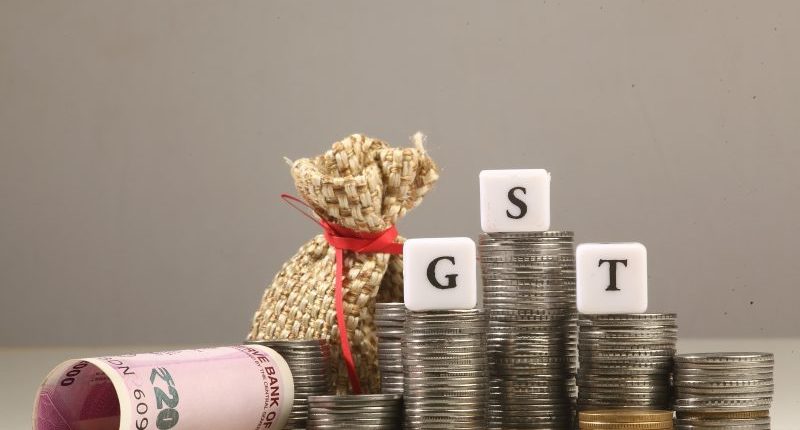The CBIC has notified a time limit extension for taxpayers to comply with the anti-profiteering provisions. The deadline defined is 30th November 2020 covering the period from 20th March 2020 to 29th November 2020.
The extension was passed vide the Central Tax notification number 65/2020 issued on 1st September 2020. The anti-profiteering compliances were not specifically kept out of the scope of previous notifications 35/2020 or 55/2020, providing extensions for various compliances covered during a defined relief period. The deadline for these lapsed on 31st August 2020 which had covered the period between 20th March 2020 and 30th August 2020.
The government has now specifically notified an extended time limit for taking actions under the anti-profiteering provisions of Section 171 of the CGST Act. Anti-profiteering rules have been inserted in the GST law to protect the interest of consumers, and GST registered buyers.
The National Anti-profiteering Authority (NAA) set up under this provision, monitors and ensures that the benefit from GST rate cuts or input tax credit passes onto the persons mentioned above, in the form of due price reduction. In case of any discrepancy found in the market, the authority can act upon the seller or manufacturer. It may eventually lead to levy of penalties on them or cancellation of their GST registration.
Also Read: GSTN Announces Modes to Generate IRNs and Other Latest Updates in e-Invoicing
Such discrepancies may be brought to the attention of the NAA by any person. They include interested parties and the commissioner who must, in turn, make an application. Following this, specific committees such as the Standing Committee on Anti-profiteering and the state-level and national-level Screening Committees will verify the particulars of the allegations, within the set timelines if the committees are prima-facie satisfied with the allegations, the application moves to the Director-General of Anti-profiteering for detailed investigation, where notice will be issued to the alleged taxpayer.
Such alleged taxpayer and other interested parties must appear when the authority calls upon them to provide information or submit documentary evidence. After all the proceedings and if the taxpayer has been found guilty, he must follow the directions in the Director General’s order.
Due to COVID-19 pandemic, the taxpayers and the tax officers have been facing hardships in physically arranging for the summons to finish the proceedings, causing much delay. As a result, the government has provided relaxation in the deadlines. Upon interpreting the notification, the actions or compliances that have been provided with an extension are as follows:
- To complete verification of applications before the Standing Committee and the Screening Committee. As per GST Rules, the time limit is two months from date of application, extendable by one more month.
- To conduct the inquiry or investigations and to collect evidence by the Director-General of Anti-profiteering. As per GST Rules, the deadline to pass order is six months from date of receiving a reference from the committees.
- To produce documents or appear before the authority as and when required.
- To comply with the particulars of the Director-General’s order by the taxpayer found guilty.
The CBIC has passed circulars directing field officers to use technological means of communication during the proceedings. With things falling in place, the taxman might have gone slightly overboard by granting an extension until November 2020. Moreover, the anti-profiteering provisions essentially come to play during a sliding economy where few taxpayers may be tempted to plunge into such deeds to save money.
In contrast, few taxpayers had to finish complying with the anti-profiteering order during the relief period. For them, this extension may be saviour, buying them enough time to focus on reviving the business. Hence, a blanket extension of three months to all the provisions of anti-profiteering might not have been the best choice.
For any clarifications/feedback on the topic, please contact the writer at annapoorna.m@cleartax.in
Annapoorna, popularly known as Anna, is an aspiring Chartered Accountant with a flair for GST. She spends most of her day Singing hymns to the tune of jee-es-tee! Well, not most of her day, just now and then.





